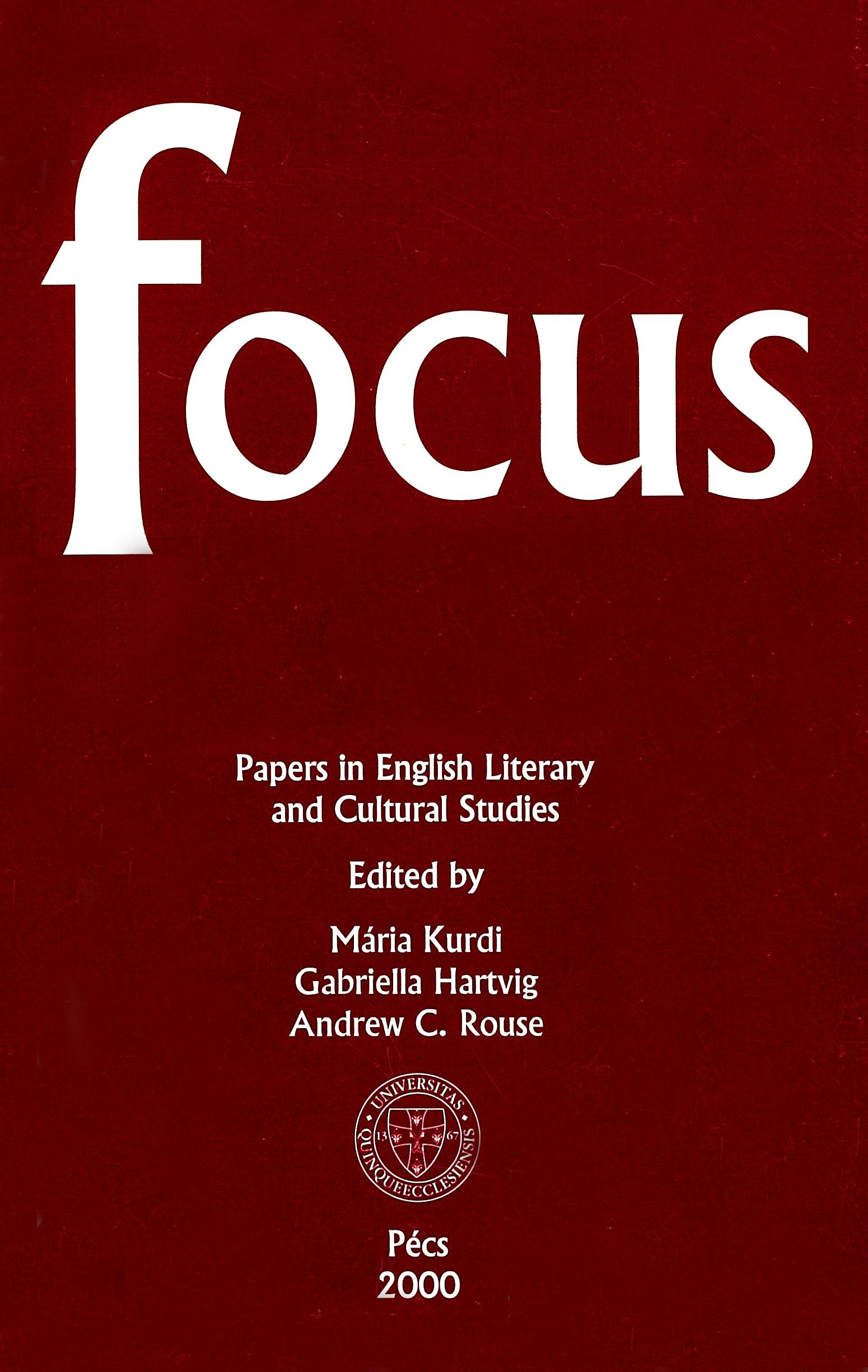A Philosophical Jester: Thoughts and Jokes in Stoppard’s Arcadia and its Preliminaries
Abstract
Although the epoch of great narratives is said to be over, and encyclopaedic knowledge of the sciences and the humanities is impossible, playwright Tom Stoppard seems to represent a unique example of thorough intellectual knowledge in his works. Thoughts and theories are permanent and outstanding components of his plays. In 19th century critical realist fiction all sorts of information served as part of the social panorama and represented the dominance of the omnipotent narrator. In the 20th century the polyhistoric novel (Broch’s term) fulfilled a similar function with its complicated structure, polyphonic narrative and polymath author. In Stoppard’s plays the borrowed, referred and cited ideas have several simultaneous functions. Stoppard does not pretend to be the inventor of these thoughts even if he does not identify his sources. Theories function as demonstration of the relativity of the characters’ experience. They countervail both emotions and thoughts. Theories are often parodied and indirectly criticised by being staged. Theoretical discourse appears as part of the literary discourse, and although the arguments do not lose their textual features, their function becomes different; namely, they take on the polyphonic openness of literature. Stoppard’s thoughts and theories are intellectual games, comic parodies, and theatrical inventions at the same time. Borrowing plots, characters, structures, genres, and different theoretical views, Stoppard creates a special quality of dramatic art in which theory is a particular, essential component.
Downloads
Published
How to Cite
Issue
Section
License

This work is licensed under a Creative Commons Attribution-NonCommercial-NoDerivatives 4.0 International License.
FOCUS: Papers in English Literary and Cultural Studies follows the principles laid down by Creative Commons, which provides guarantees for the Author’s copyright while also ensuring that intellectual properties are made available for the wider public in a digital form. All papers submitted to the journal apply the following licence conditions (indicated on the journal’s website as well as in individual publications):
“© This work is licensed under a Creative Commons Attribution-NonCommercial-NoDerivatives 4.0 International License.”
You are free to:
- Share, copy and redistribute the material included in the journal in any medium or format under the following terms:
- Attribution — You must give appropriate credit to the Author, and indicate the original place of publication [FOCUS: Papers in English Literary and Cultural Studies, Issue nr., page numbers.].
- NonCommercial — You may not use the material for commercial purposes.
- NoDerivatives — You are not allowed to remix, transform, or build upon the material.
- The above conditions must always be indicated if the journal material is distributed in any form.
- The above conditions must always be met, unless a written permission signed by the Author and the Editor-in-Chief states otherwise.

